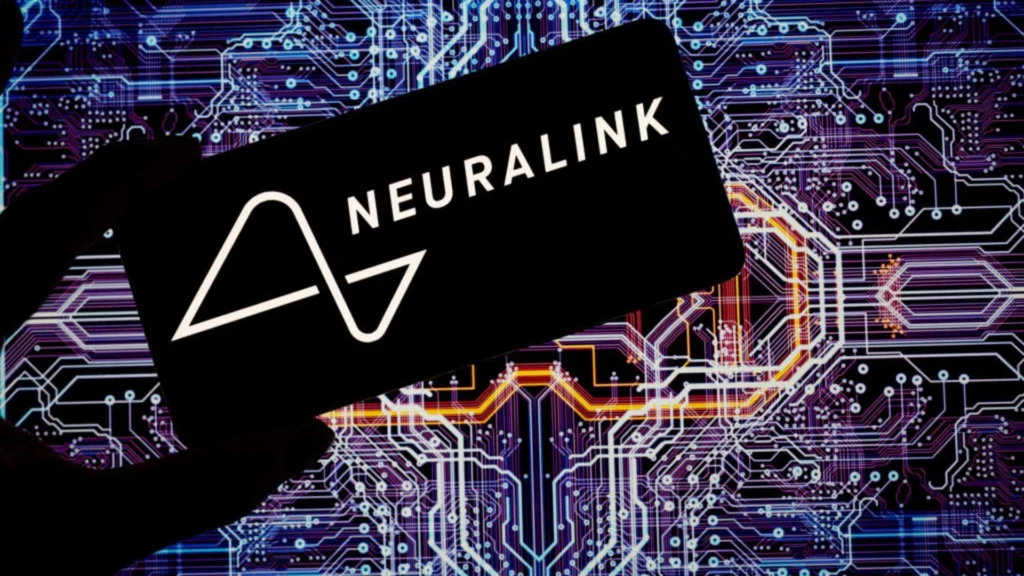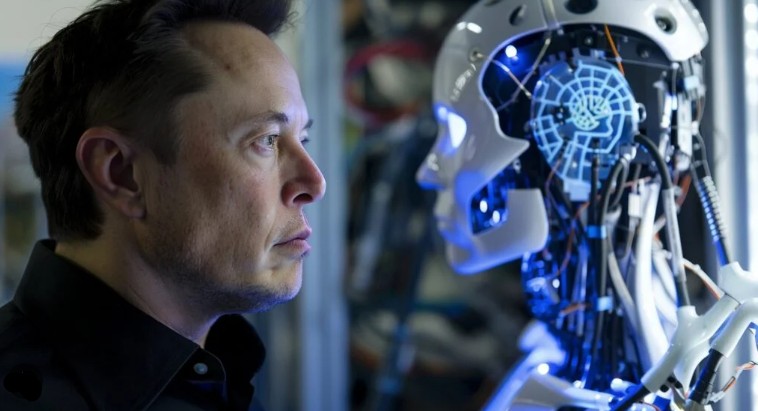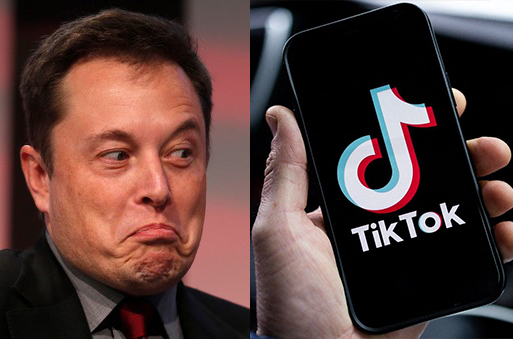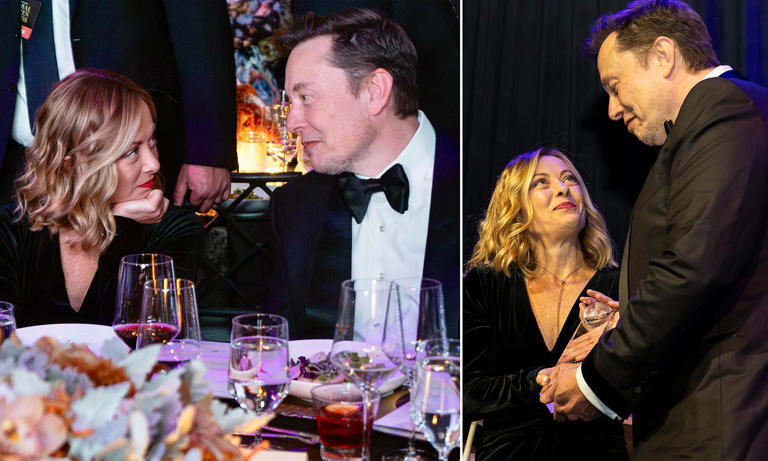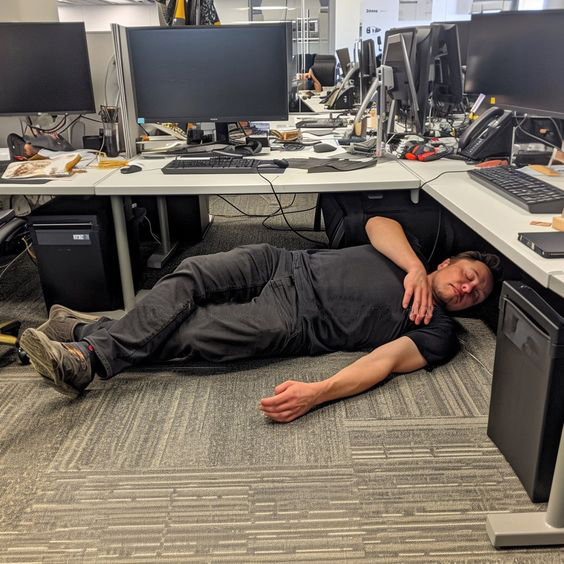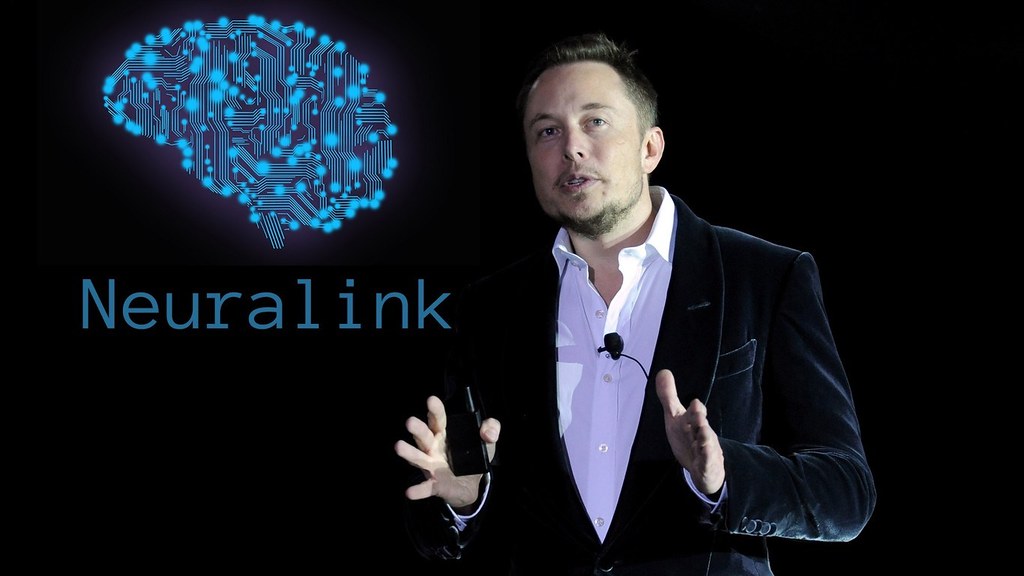
Neuralink's first human trial reveals critical issue with brain implant wire retractions | Digital Watch...
Neuralink, the innovative neurotechnology company founded by Elon Musk, has encountered significant challenges during its first human trial involving its brain-computer interface technology. The company revealed that many of the ultra-thin, electrode-bearing threads implanted in the brain of its first patient, Noland Arbaugh, have retracted, compromising the device’s performance.
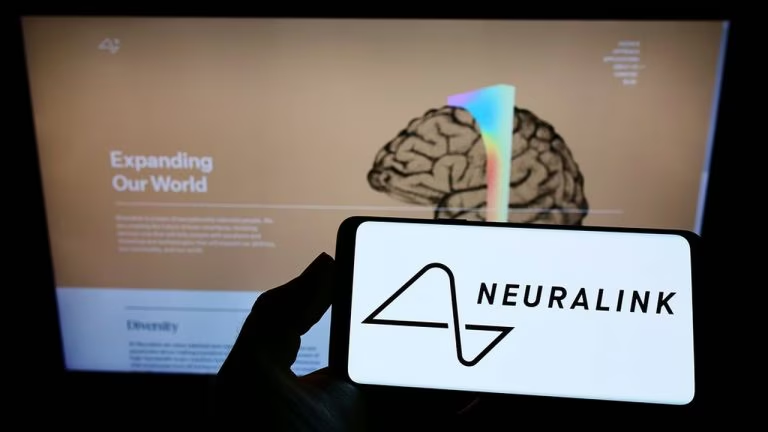
The issue became evident a few weeks after the initial surgery in January 2024, with approximately 85% of the threads losing their connection. Despite this setback, Neuralink managed to adjust its algorithm to compensate for the lost data, allowing Arbaugh to continue using the device to control a computer cursor and engage in activities like playing video games.
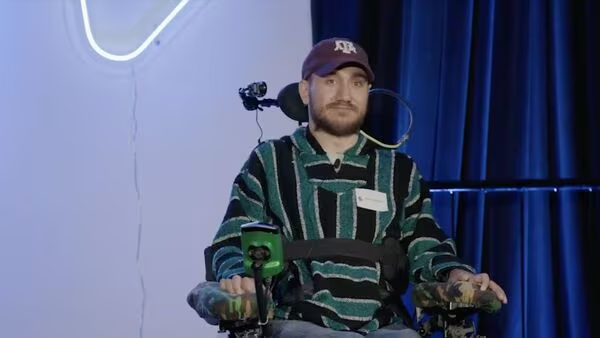
Neuralink attributed the thread retraction to several factors, including potential air pockets (pneumocephalus) and brain movement during surgery. In response, the company is implementing additional measures, such as deeper implantation of the threads, to prevent similar issues in future trials.
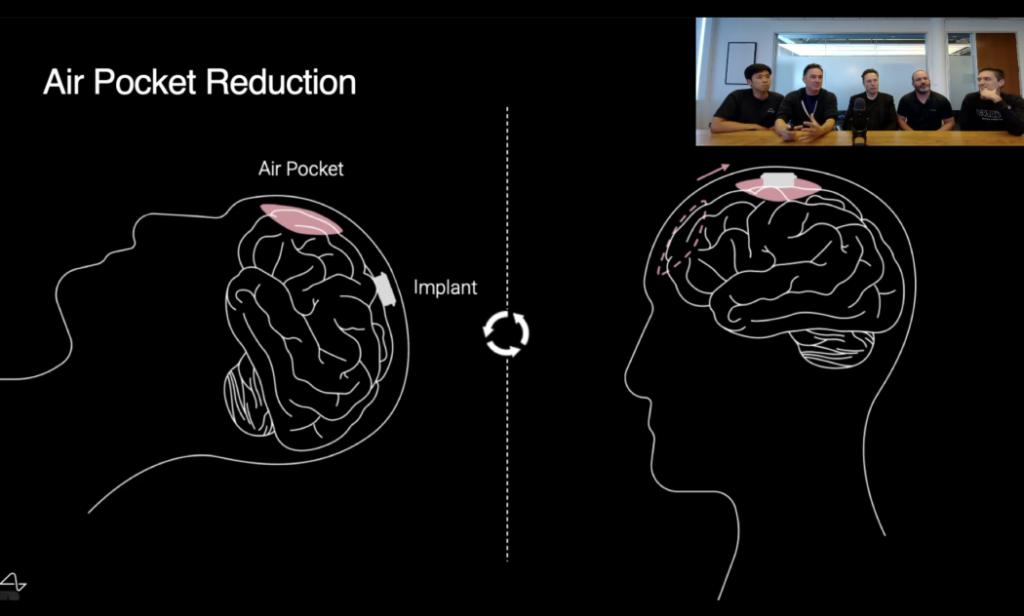
Despite the challenges, Arbaugh remains hopeful about the technology’s potential. “I thought that I had just gotten to scratch the surface of this amazing technology, and then it was all going to be taken away,” he said. “But it only took me a few days to really recover from that and realize that everything I’ve done up to that point was going to benefit everyone who came after me.”
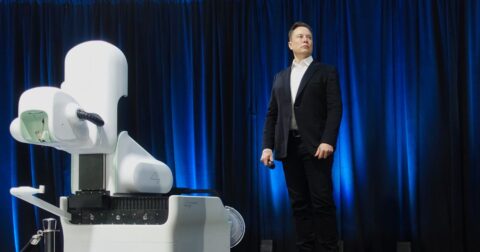
Neuralink is preparing for its second human trial, addressing the thread retraction issue and improving the overall stability of the implant. The company remains committed to advancing its brain-computer interface technology, aiming to revolutionize the way we interact with machines and enhance the lives of individuals with disabilities.
